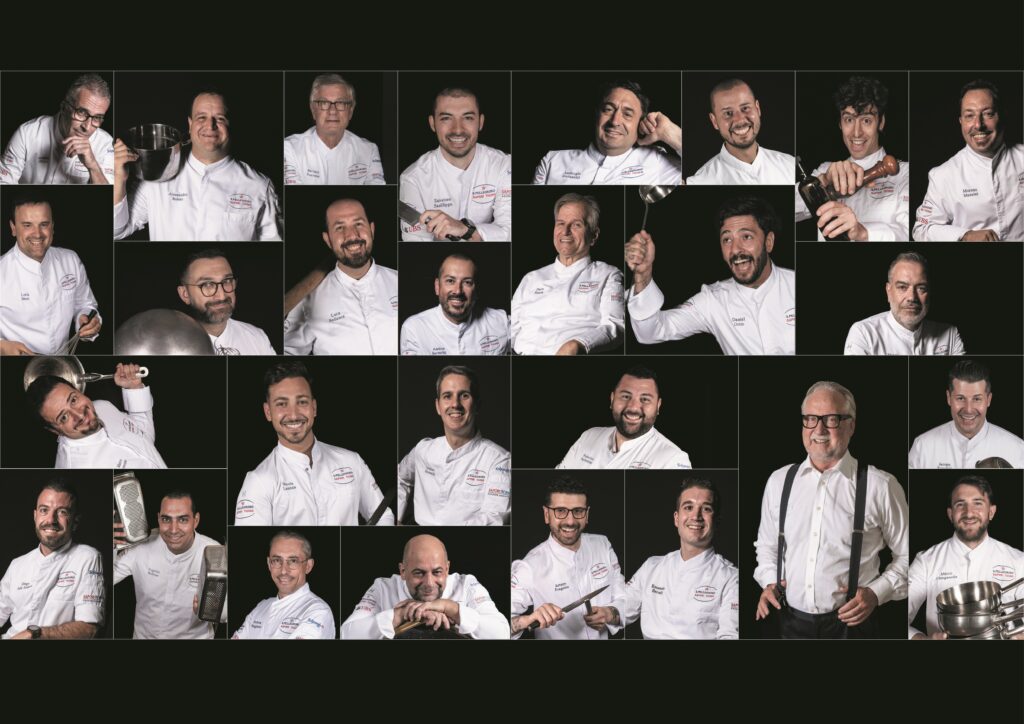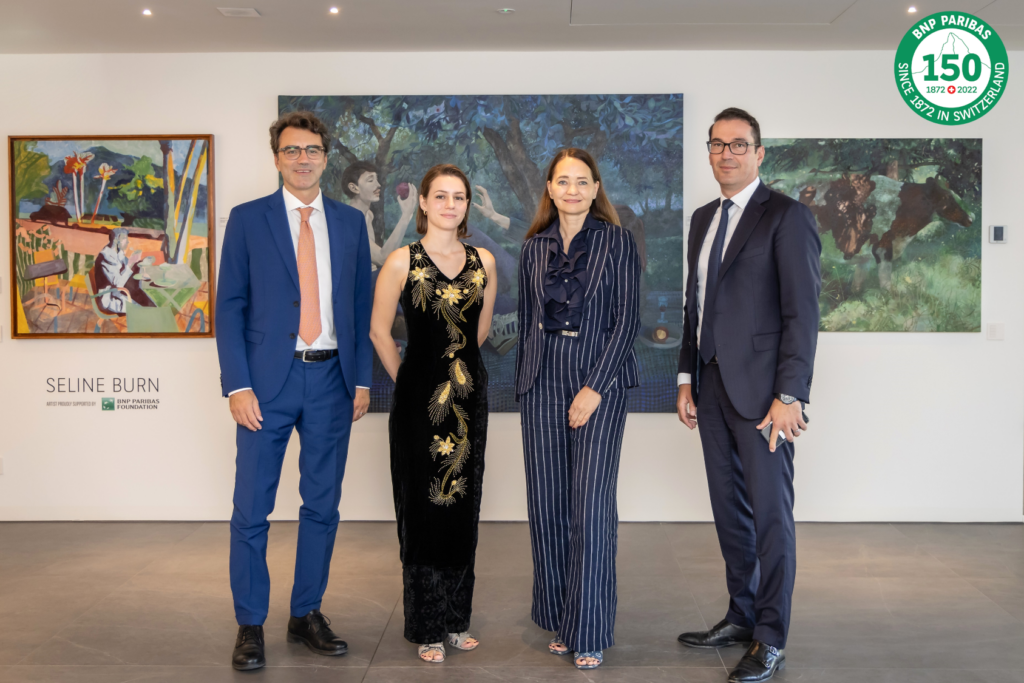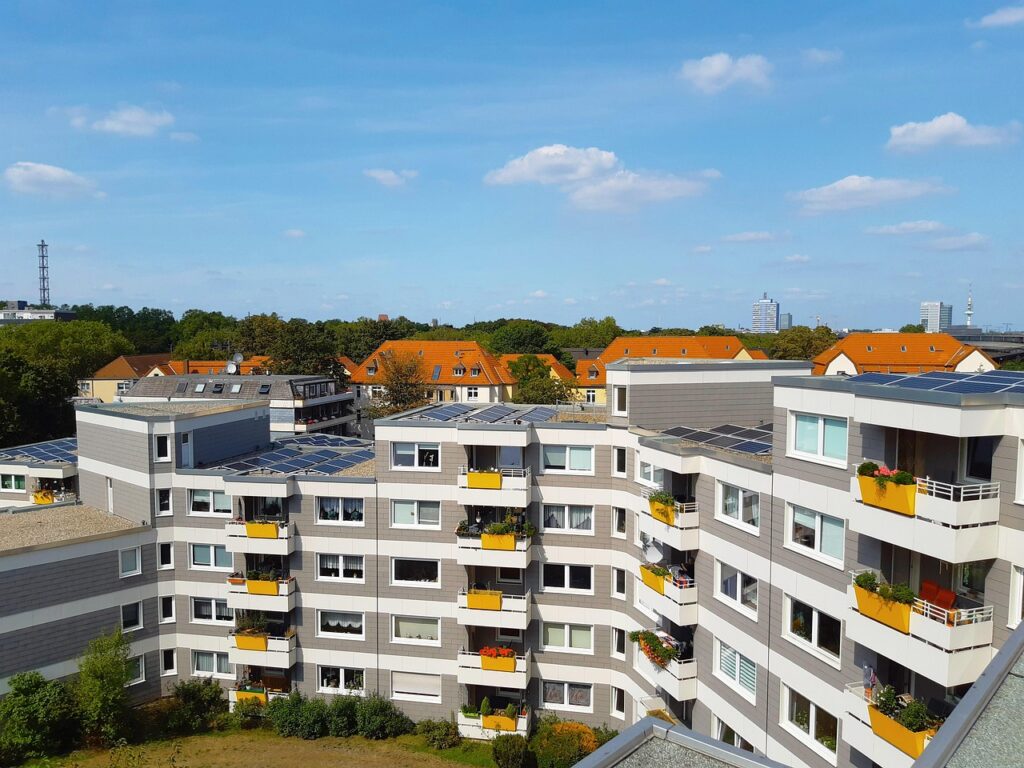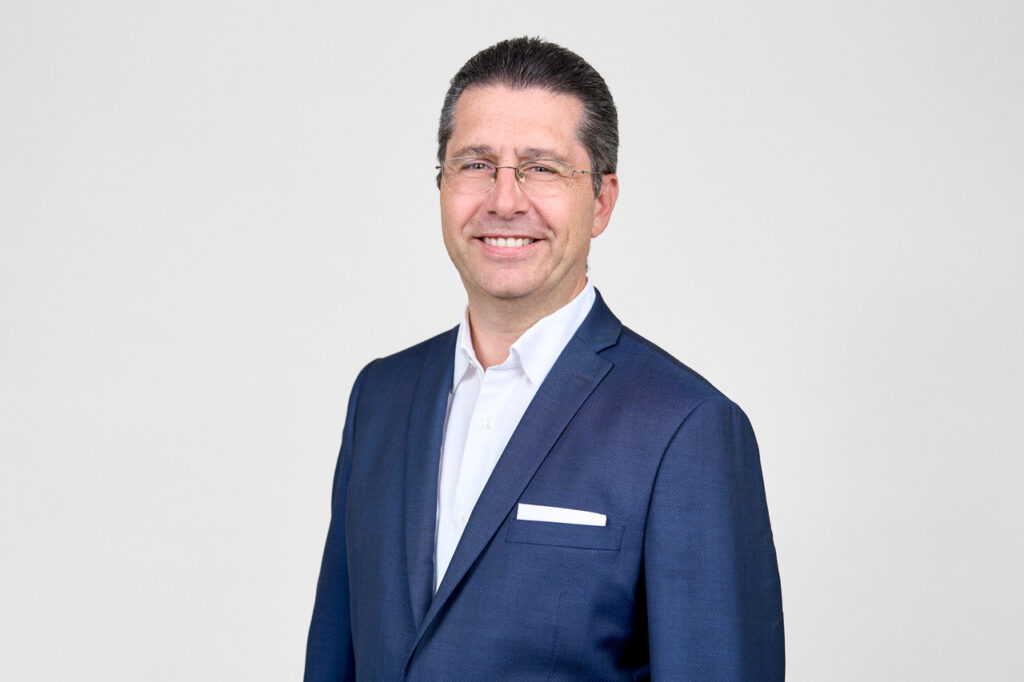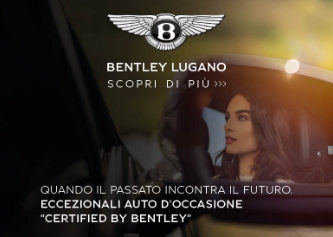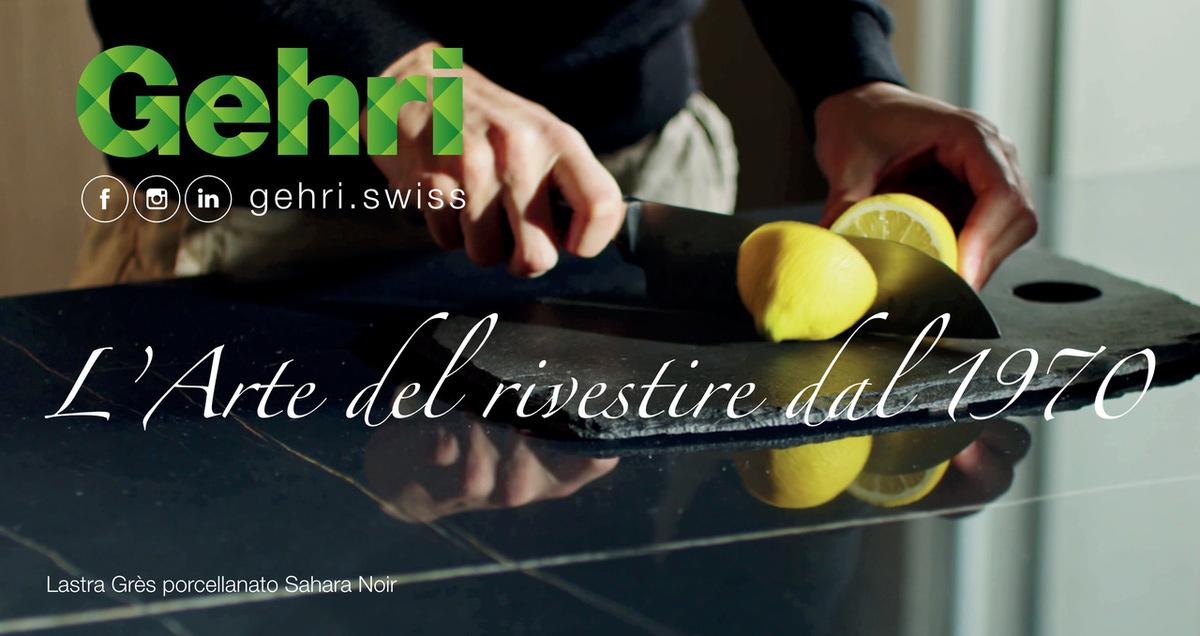Mr Reinhard, you studied psychology. How important is psychology in your work as Managing Director of the NOMIS Foundation?
«At the NOMIS Foundation, we always put the people first and in the center of our doing. The researchers we support and work with not only conduct excellent research but also have great personalities which is especially important to us: They are pioneers in their fields, they are out-of-box thinkers, they have curious minds, and they are willing to take on high-risk projects. We try to see the personal potential in every grantee and in that respect a background in psychology is certainly an asset».
You have had a long management career, how is it that after years in business you became interested in philanthropy?
«Having spent most of my career in the research-based healthcare industry, I have noticed that the proportion of basic research has continued to decline in favor of applied research aimed at new compounds and products.
The work at the NOMIS Foundation offered an opportunity to concentrate on basic “blue sky” research: We have the opportunity to put the emphasis on the intellectual value instead of the material one. That is a great privilege and what we do has the potential to change the course of things at any given moment. Just think of the power of discoveries such as the photovoltaic effect by Becquerel, radioactivity by the Curies and quantum mechanics by Heisenberg. What could possibly be more rewarding than supporting this kind or related?».
Let’s talk about the founder of the NOMIS Foundation. Who was Heinrich Thyssen- Bornemisza and what was his professional activity?
«“Heini” Thyssen took over the management of a private industrial group from his father at a very young age and devoted himself very intensively and successfully to this management task».
What values were important to him and how did he come to decide to set up a foundation?
«He has always had a great interest in science and research in general, was very well read and was always concerned with the contents of research quests.
His father was an art collector and patron who enabled the Thyssen-Bornemisza Museum in Madrid, so he had also been very active in philanthropic endeavors. Heini wanted to do this in the area of basic research by enabling outstanding talent to take on high-risk research. Although he was very unobtrusive and always in the background, never in the spotlight, he was generally very interested in people and tried to support them and give them the necessary space and means to develop. An approach that is also continued at NOMIS.
He himself always put the goals of the foundation in the foreground, never himself. He was deeply fascinated by the curiosity of people undertaking research.
The establishment of the foundation arose from his wish to establish a close partnership with the SALK Institute for Biological Studies in La Jolla, United States. NOMIS promotes basic and foundational research across all academic disciplines, but our entry points are always the people, the researchers themselves».
What goals did he personally have and how did you meet?
«He was a very modest man and wanted to give back to humanity and support something meaningful. You could say: Do good and don’t talk much about it.
That is a general approach that I personally share and can always relate to. Against that background it was no surprise that we connected well right away when we were introduced by a common friend. That was 25 years ago».
How did you manage the establishment of the foundation?
«Switzerland is a foundation country and setting up a foundation is quite straight forward. The most important thing is that you are confident in your vision and primary goals. And since a foundation is not meant to be a bank: You have to take risk and try to create added value by trusting in people, their values, goals, and capabilities. Learn, improve, and seek to understand while you go!».
How did your relationship work on a day-to-day basis?
«Of course, the founder and I had regular exchanges, but at the same time we had a lot of trust in each other and shared goals. In the beginning we had a lot of fruitful discussions about our approaches and measures – when you dig into something new, it always helps to have a sparring partner».
What does the Foundation engage in? What area does it work in?
«The NOMIS Foundation supports basic research in all scientific areas. We focus on overlap areas to foster interdisciplinarity and aim to generate new insights and use new methods. Our claim is “creating the spark” and we try to live up to that by funding collaborative high-risk research that would otherwise not take place at all. We don’t fund neither incremental, “well-behaved” research and nor are we engaged in applied research. We don’t follow an ideological or political agenda».
What differentiates the NOMIS Foundation from other grantmaking foundations that support research?
«Our clear focus on “blue sky” research is certainly something quite unique. Moreover, it is our strong emphasis on outstanding personalities in science in combination with a truly unpretentious and familiar, personal atmosphere in our entire network that makes a difference in how we are perceived».
How are the researchers you support chosen?
«The researchers are recommended to us by a number of prestigious, excellent scientists and scholars from our trusted network. Next, we meet them personally in their institutes and laboratories. They are asked to hand in a concrete project proposal for funding only if both sides are comfortable with each other and are convinced that a partnership will be beneficial, fruitful, and valuable».
Would you like to mention any of your researchers who have received special international recognition’?
«Among the ranks of our current and former grantees we have plenty of awards and other recognitions that are proof of their excellence: Svante Pääbo won the Nobel Prize in 2022, Juliane Vogel was awarded the Leibniz-Prize in 2020, Ronald Evans was just honored with the Japan Prize, last year Didier Fassin was appointed Chair of Moral Questions and Political Issues in Contemporary Society at the Collège de France, to mention just a few».
Among other things, the foundation supports Nicholas Christakis, Professor of Social and Natural Sciences at Yale University: how far along are his studies on the influence of generosity on health?
«Prof. Christakis’ laboratory investigates the social, mathematical, and biological rules governing how social networks form and the social and biological implications of how they operate to affect human lives. He is a highly creative scientist who exploits techniques from biosocial science, sociology, computer science, demography, statistics, behavior genetics, evolutionary biology, epidemiology, and other fields.
The project you are referring to seeks to answer fundamental questions about the effect of philanthropic activity on physical health. Professor Christakis for example has already proven that face-to-face social interactions have an impact on the individual microbiome: The human microbiome plays a role in many aspects of human physical and mental health, and the microbiome is in turn shaped by diverse factors. Diet, medications, lifestyle, and environmental exposures (such as animals) are known to affect a person’s microbiome composition.
Based on these insights he described that an individual’s generosity can cause a “chain reaction” of generosity which can have positive repercussions on strangers. By scientifically capturing the pay-it-forward phenomenon in his lab, he concluded that how people treat each other in one part of the city may relate to how other people treat each other in another part of the city. Summarizing his findings he has been quoted with saying “altruism is contagious”.
As a next step he now seeks to better understand the impact on the individual physical health status of the person being generous. These findings could potentially shape the way how we look at philanthropic activity and engagement in the future».
You are known to be a visionary: what are the next challenges for the NOMIS Foundation?
«We are continuously trying to figure out how to best illuminate the overlap and grey areas of different scientific fields. We are convinced that friction creates sparks, and we do our best to enable and catalyze research projects with the right focus. The main challenge will be to connect the different fields and research quests while maintaining an entrepreneurial approach to research funding».



